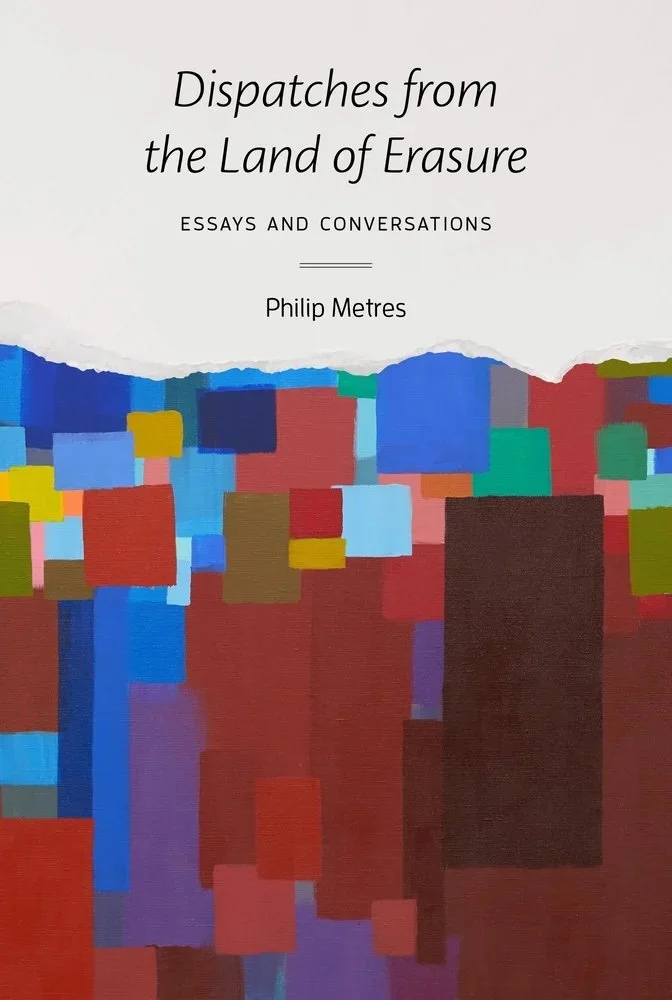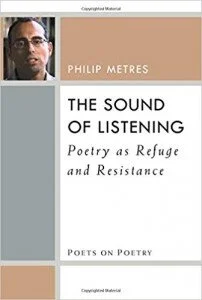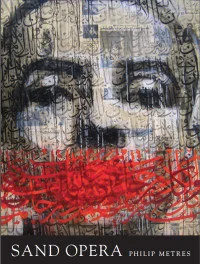Philip Metres
“Poetry, for me, has been my primary technology of imagination, of investigation, of trying to see people and places and realities that reside beneath these grim projections. I don't have any evidence that poetry is inherently more capable of slaying these mythological chimerae than any other artistic or truth-seeking practice, but it's the mode that has chosen me. I admire poems that demonstrate a commitment to listening, to precision, to the notion that a single voice is worthy of our complete attention. When poetry abides in these ways, it can be an antidote to racism. To all the isms.”









